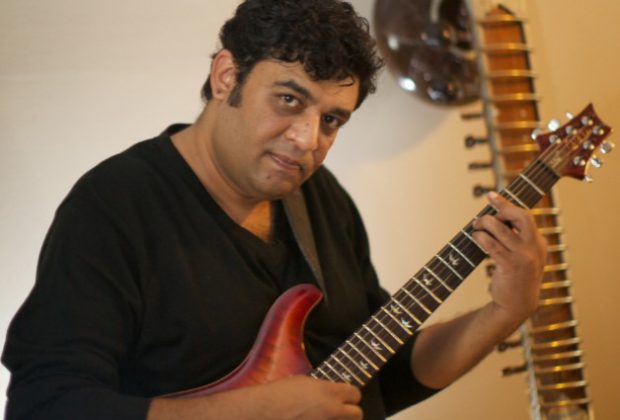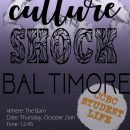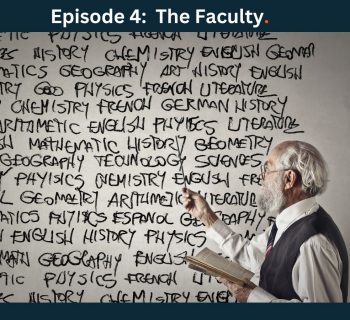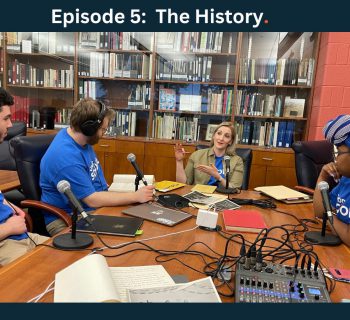Michael Mistroff
Electric guitarist and sitar virtuoso Jay Kishor performed at the Arts and Humanities recital hall at CCBC - Essex this past Friday.
With him, Kishor brought his unique approach to improvised guitar, taking the audience on a hypnotic and transformative journey he describes as a style of jazz that meditates and new age that swings. His music combines elements from world, European classical, jazz, blues, country and rock music as he integrates his deep knowledge of ancient Indian melodies known as Ragas. Raga is the foundation of his methodology, which he calls “organic music.”
Kishor was born in America but underwent master discipline training for fifteen years in India to develop his improvisational style after he was awarded a Ford Fellowship. He studied under renowned masters including Nabaganashyam Singh, John Bell, Dr. Allyn Miner, Manju Mehta, Brij Bhushan Kabra, Dr. Rajbhan Singh, Rookshikumar Pandya, and Annapurna Devi, to later become visiting artist with the Baltimore Symphony Orchestra, a rostered artist for the Kennedy Center, and panel member for the development of the ethno-musicology program at Peabody Conservatory.
“My study of North Indian Classical music was in a discipline that is largely based on improvisation,” Kishor explains. “The experience revealed to me that improvised music is the most honest expression of who I am at any given moment.”
The electric guitarist and sitar virtuoso approaches his improvisations as a storyteller, recognizing music as a language as he abandons tradition in order to express his own aesthetic. After growing up wanting to play it, Kishor chose the guitar because it allowed him to improvise with other musicians and other styles, blending in with various musical surroundings. As for why Kishor chose to switch from electric guitar to sitar, he revealed that he needed to be able to define his instrument, rather than having it define him.
“The sitar has a unique and distinct voice, a voice that is inherently tied to history and culture that is India, and irrespective of the musical context, this connection to all that is ‘India’ will always be a dominating presence,” Kishor says. “I needed an instrument that had an open ‘tonal’ signature; one that was tonally versatile enough to allow me the capability of altering or affecting the tone so that it best serves whatever genre, whatever palette I wish to work in. The electric guitar also enables me to better realize my personal aesthetic, what I think sounds beautiful.”
Kishor also provided in-depth detail on the journey he went on to create his own unique sound, only to realize the path he took lead him back to somewhere, or rather something familiar.
“As a sitarist, I experimented with different kinds of wood, different thicknesses of wood, different string gauges, different string materials, and different tunings, all in all an attempt to get away from that stereotypical sitar tone, what I called at the time ‘psychedelic-banjo,’” Kishor said. “I later realized that all along I was trying to make my sitar sound closer to a guitar.”
With his unique storytelling approach, Kishor aims to create and build an approach to music that has the power to heal and to transcend both listeners and musicians.
“I want to create a form of music that is constantly growing and evolving – one which makes musicians grow and listeners evolve,” Kishor said. “I want this music to break the boundaries created by culture, religion, and geography.”
In addition to his many accomplishments, Kishor has also worked with guitarist Michael Hedges and toured and recorded with guitarist Stanley Jordan (Ragas, State of Nature). He has released several classical sitar works along with forming his own band, touchingGrace. He also recorded “The Ghandi Memorial Concert” as a member of the group The Rahdjani Quartet, and released a solo guitar album entitled “Stories from My Grandfather’s Village”, as well as the album “Rare” from his duo thirty3.













